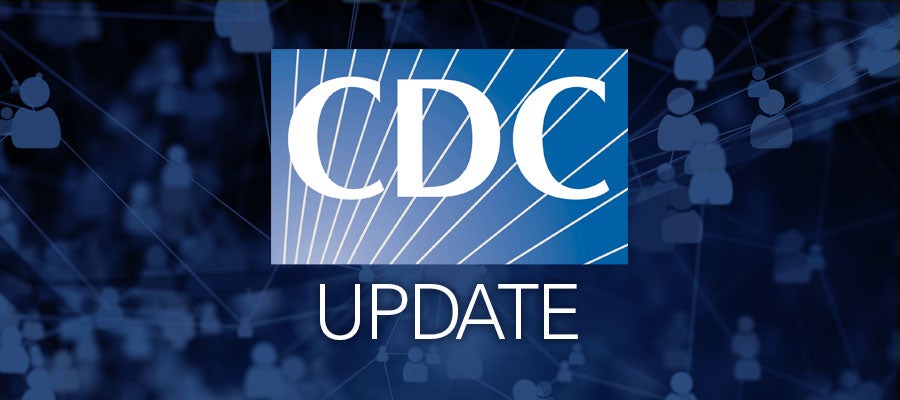
The Coalition to Protect America’s Health Care, of which the AHA is a founding member, launched a digital campaign urging 2.2 million members to encourage their lawmakers to include in the new emergency funding package funding for hospitals to protect the health care workforce and increase their capacity to treat patients.






